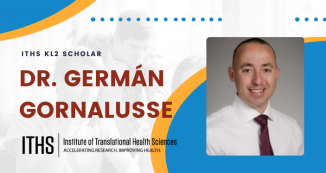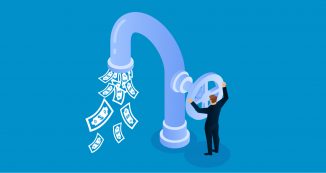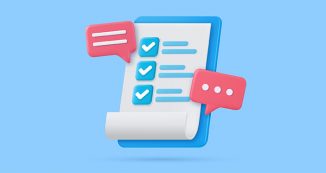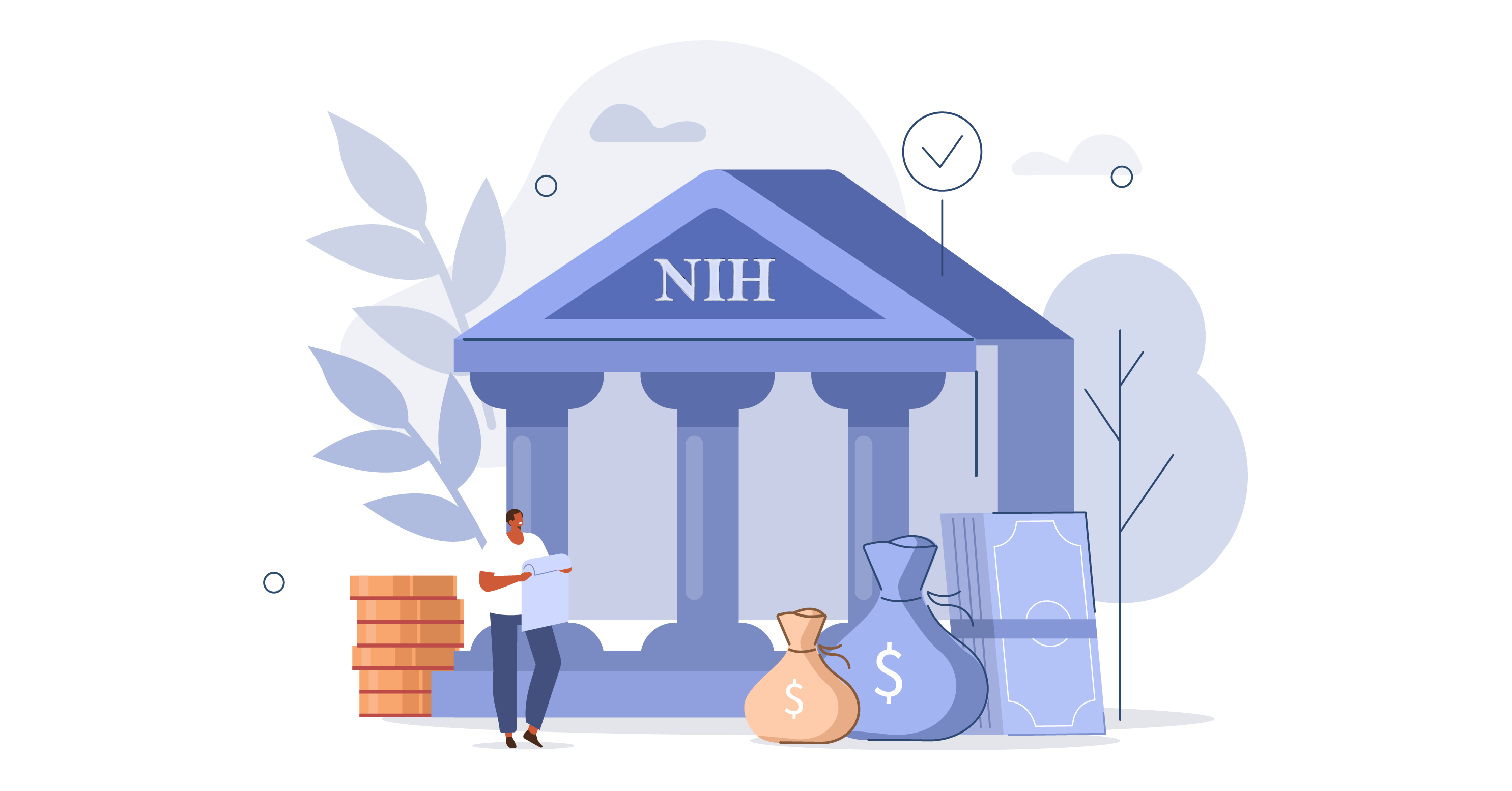
27 Jan R01-101: Reflections on My Experience with My First R01 Submission and Other Tips from a New Investigator
Register below to receive Zoom information
Event Video
Watch on Vimeo
Description
The Research Project Grant (R01) is the original grant mechanism used by the National Institutes of Health. The R01 provides support for health-related research and development based on the mission of the NIH, and it is the most commonly used grant program for independent research projects.
The experience of putting together your first R01 can be daunting, especially for New Investigators or Early-Career Investigators. In this session, we will share some tips on how to plan ahead for the application process and how to produce a clear, organized, and impactful R01 application. We will also share some lessons learned while becoming a New Investigator.
Learning Objectives
At the end of the session, attendees will be able to:
- Identify important information to gather before drafting the first R01 application
- Acquire new tips on how to develop their own research projects and labs
- Develop and maintain collegial relationships with collaborators and NIH officers to ensure a successful NIH application
Event Materials
8 MBSLIDE PRESENTATION: R01-101Pre-Work
To make the most of this session, have a copy of your current R01 draft handy. After the presentation, there will be a virtual office hours session for attendees to go over different parts of a “real” R01 application.
For additional advice, please read the editorial at the link: https://www.nature.com/articles/s41390-022-02017-8
About the Speaker
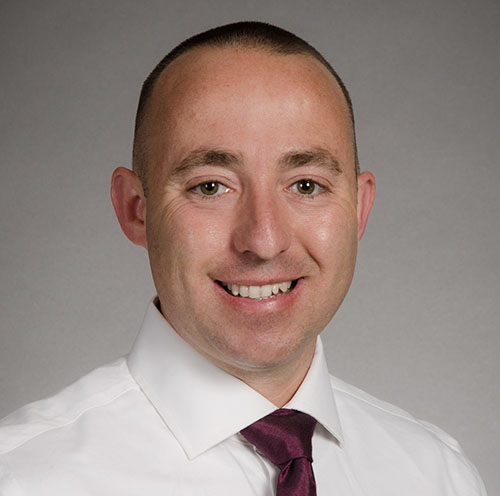 Germán Gornalusse, PhD, MS, is a Research Assistant Professor at the University of Washington’s Department of Obstetrics and Gynecology and an Adjunct Assistant Professor in the PhD program in Pathobiology at the UW’s Department of Global Health. His lab focuses on pathogenesis of HIV/AIDS, mucosal immunology, long-term effects of exposure to opioids and human genetics. His past research includes defining the pathways regulating CCR5 expression on T cells (PNAS, 2015) and designing universal pluripotent stem cells to improve regenerative medicine (Nature Biotechnology, 2017). His work on HIV reservoir as well as HIV reactivation and latency, particularly involving mucosal tissues, has been published in the Journal of Virology, Retrovirology and PLOS Pathogens. Additionally, Germán is passionate about teaching and mentorship, having received multiple awards and supervising research internships for underrepresented minority students at UW.
Germán Gornalusse, PhD, MS, is a Research Assistant Professor at the University of Washington’s Department of Obstetrics and Gynecology and an Adjunct Assistant Professor in the PhD program in Pathobiology at the UW’s Department of Global Health. His lab focuses on pathogenesis of HIV/AIDS, mucosal immunology, long-term effects of exposure to opioids and human genetics. His past research includes defining the pathways regulating CCR5 expression on T cells (PNAS, 2015) and designing universal pluripotent stem cells to improve regenerative medicine (Nature Biotechnology, 2017). His work on HIV reservoir as well as HIV reactivation and latency, particularly involving mucosal tissues, has been published in the Journal of Virology, Retrovirology and PLOS Pathogens. Additionally, Germán is passionate about teaching and mentorship, having received multiple awards and supervising research internships for underrepresented minority students at UW.
Please sign in below to access this form.
Access to this form is restricted to ITHS Members. Please sign in, or create an account.




